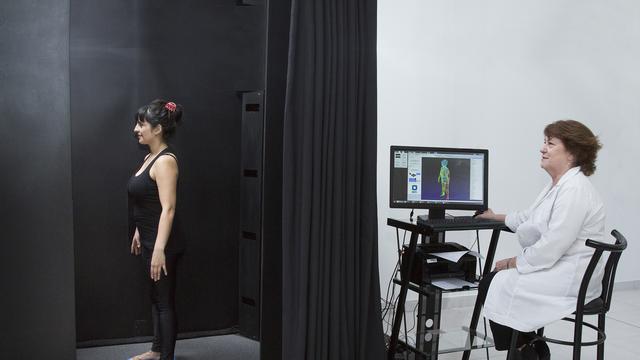
The National Government, through Decree 375 / 2021, regulated the Tallinn Act (No. 27.521), which provides for the mandatory application throughout the country of the Unified Standard System of Industrial sizes (SUNITI), which covers the manufacture, manufacture, import and marketing, both face-to-face and digital, of apparel.
This legislation provides that all clothing intended for the population from the age of 12 years must be manufactured, manufactured and marketed in accordance with this system, the sizes of which will be standardized according to the body measures of the Argentine population, which have emerged from an anthropometric study. In this way, the clothing marketed by different suppliers must consistently respect the size system with the same measures, allowing consumers to have a reference to their size for the garments they purchase from any brand and trade. In order to avoid confusion, it is important to point out that this law and its regulation do not regulate supply-side aspects, i.e. that, for example, the obligation to comply with SUNITI measures does not imply that a company or trade has an offer of all available sizes.
In addition, the decree establishes the Ministry of Internal Trade of the Ministry of productive Development of the Nation as the authority for the implementation of that legislation, and establishes the Technical Advisory Council of SUNITI, chaired by the National Director of Consumer Defence and Consumer Arbitration of the Ministry of Internal Trade and composed of representatives of sectoral chambers, civil society, consumer associations, the Federal Consumer Council, teachers of the National Universities of Industrial design and Textile design, the Ministry of Health, INADI This body shall be responsible for preparing reports at the request of the implementing authority on issues relating to the implementation and dissemination of the cutting system.

The regulatory annex to the law establishes a period of 240 days for the National Institute of Industrial Technology to carry out the National Anthropometric Study of Argentina (EAAR) in order to establish the measures for SUNITI. In addition, the provinces and the Autonomous City of Buenos Aires will have to adapt their regulations to the requirements of the Tallinn Act and their respective complementary regulations and regulations.
In turn, the decree establishes the National Directorate for Consumer Defence and Arbitration in Consumer Affairs, under the Ministry of Internal Trade, as the competent authority to punish in the event of non-compliance with the law and to act against discriminatory acts or abusive practices on the part of the suppliers of clothing reached by these regulations. In this regard, consumer claims may be entered in the Single Federal Consumer Defence Window and the sanctions regime of the Consumer Protection Act (No. 24.240) will apply. For its part, the Argentine School of Consumer Education will be responsible for conducting, in coordination with INADI and the Ministry of Health, training, information and awareness-raising activities to disseminate and raise awareness of stigmatization on issues of size and subject matter linked to the Tallinn Act.
Articles of high culture or author design, tailor-made garments, accessories and implements intended for the protection of work tasks are excluded from the compulsory application of the SUNITI.
The Argentine National Anthropometric Study (EAAR), which aims to define the current form and dimensions of the bodies that make up the Argentine population, will be the basis for the definition of SUNITI. The result of the study will constitute the first National Anthropometric Measurement Database and will allow us to count on the Corporal Measurement Tables of the inhabitants. In this way, a better understanding of Argentine human body sizes and shapes can be achieved.
INTI has already released approximately 60 per cent of the Argentine population with 3D body scanning technology, which has not been used in the country so far, and is carrying out the appropriate health protocols to complete the survey. The study was planned by representative sampling for population strata defined by sex / gender, age group and region of the country.